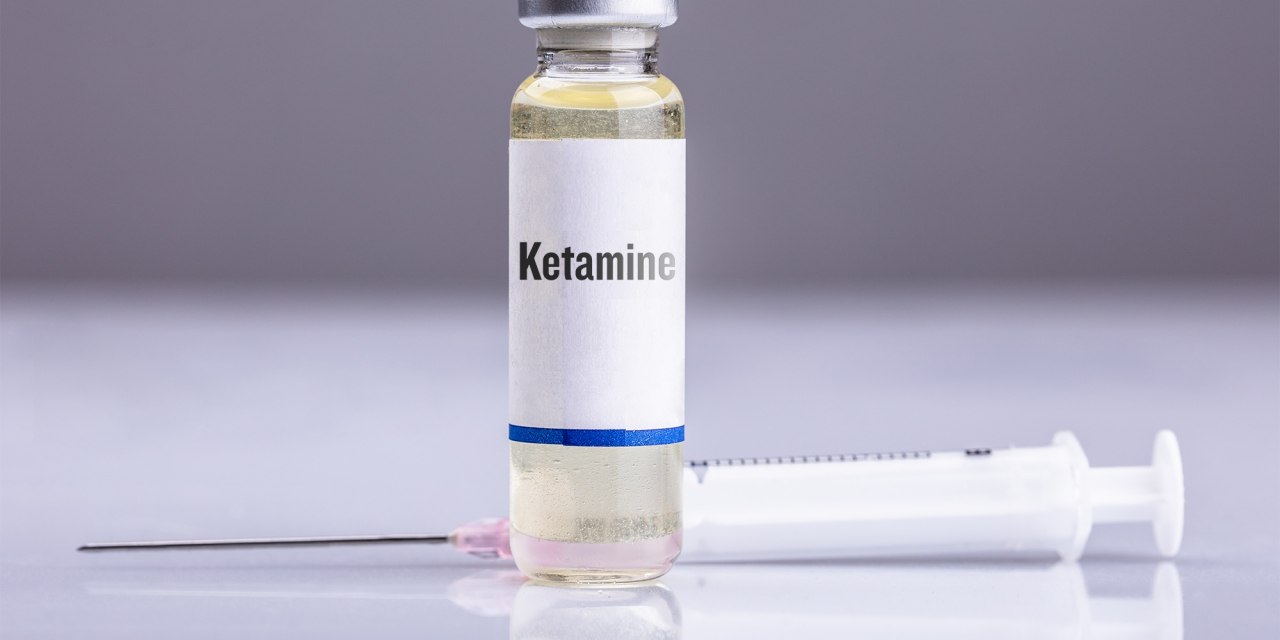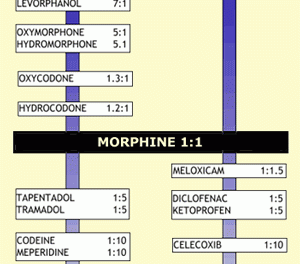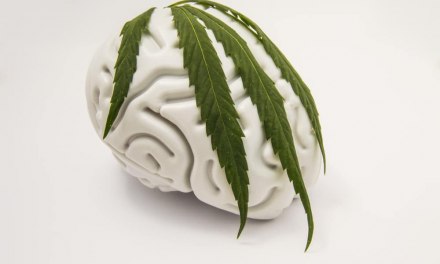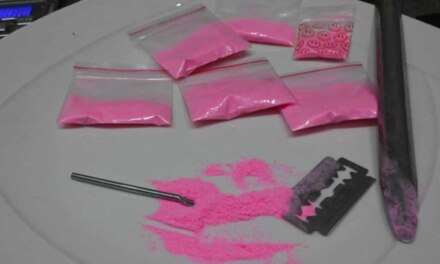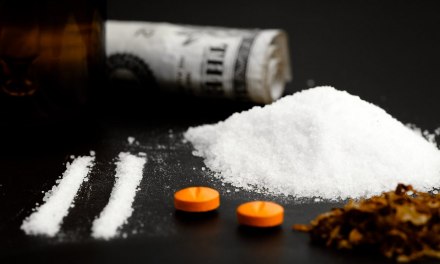I didn’t realize there had already been an explosion in the number of clinics and providers specializing in ketamine treatment for various mental health and substance use disorders — hundreds of clinics nationally, with plenty more on the way. It struck me as a fairly high risk enterprise, given ketamine’s history as a drug of misuse and abuse. That doesn’t seem to have deterred entrepreneurs and their investors, however.
“There’s money to be made,” commented one. “That’s about all it takes nowadays.”
Here’s an example of the new breed of treatment provider, this one based in South Florida.
A Fancy Ketamine Clinic Is Coming to Wynwood
The so-called ‘high end’ customer is apparently the target, since that’s where profit margins are highest. The drug itself is often in the form of a Johnson & Johnson product called Spravato, a nasal spray. Ketamine is also available at some clinics in tablet form, as well as intravenous infusion. Some form of psychotherapy will accompany the medication, but it’s clear from media accounts that most prospective customers are attracted by all the favorable reports about ketamine itself.
Recent features in the popular press ordinarily begin with a story about a patient for whom conventional treatment has failed, leading them to turn to ketamine as a last resort. The results are dramatic — little short of miraculous. Best of all, they’re practically immediate. No waiting around for a few weeks to see if it going to work.
“I woke up the next day and felt completely normal…” reported one patient. “I didn’t feel depressed at all,” exulted another. With the promise of success like that, who wouldn’t pay handsomely for a short course of treatment?
Here’s a piece reprinted from The New York Times:
Now it’s promoted as actually curing people of major psychiatric conditions such as depression, PTSD, social phobia, OCD, anxiety disorders, etc? Good Lord. Deliver on that promise and the heavens could open and rain down cash.
This is where things can get tricky. Personal testimony of this type qualifies as anecdotal evidence, defined by Merriam-Webster as “in the form of stories that people tell about what has happened to them.” It doesn’t actually count as scientific evidence since it doesn’t stem from scientific investigation. That’s a highly structured, rigorous process intended to rule out many other factors that could be causing or contributing to the outcome. It’s the best way to pinpoint true causation. It also takes time and its findings can be equivocal.
The Times article acknowledges the lack of strong scientific evidence to support this level of optimism about the drug. However I imagine the potential customer, already impressed by the dramatic case example, will have formed a bias in favor of ketamine treatment. It’s a form of reputation rehab that reminds me of the campaign to promote prescription opioids for chronic pain, back in the late 90’s.
Let me digress for a moment: we live in an era of rampant misinformation. There was that tweet from the rapper who confidently informed her enormous Twitter following about her cousin’s friend whose testicles swelled up grotesquely in response to vaccination. His frightened fiancé even canceled their upcoming wedding, we were told.
No evidence that actually happened, but millions of people have read it. I bet a fair number believed it.
It’s true that good information gets passed on as well. Unfortunately, BS seems to travel far faster than its fact-based competition. The true meaning of viral, I suppose.
As I pointed out, ketamine already suffers from a bad rep based on previous experience. Originally developed to replace PCP as a fast-acting surgical anesthetic, it quickly leaked into society and became a party drug. Now it’s touted as a cure for depression, etc?
I’m sure most of the positive findings have come from research in settings where qualified practitioners observe strict scientific protocols. But once widely available, will it draw new interest from people looking for a quick recreational high? That’s what happened with amphetamines, barbiturates, benzos, medical opioids, and of course, club drugs like Ecstasy/ Molly (both MDMA). They didn’t start out as drugs of abuse.
What can we do prevent diversion of this kind? Our past record of success has not been good. I’m advised the drug is already in circulation on the streets in many places, sometimes in its original packaging. I imagine outlaw chemists are hard at work fabricating homemade versions for the black market.
As the street sages put it, in the world of drug abuse, something that can be done eventually will be done. It’s only a matter of time.

